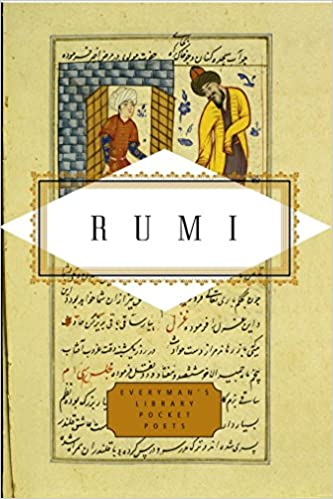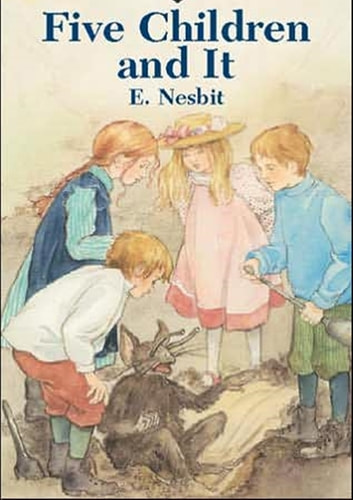

sharing my love of books with you

My dear readers, thank you for your patience with my lack of updates and posts this October. My family had an unexpected emergency, and though I was still able to read in quiet moments, I had very little time to write on this blog. I am hoping November offers me a little more time for my books and for telling you about them.
What is coming up?
Wow, that feels like a lot to accomplish in the next few weeks. It does feel good to list it all out for you and for me so that I have a goal to write toward. I promise, I will do my best to make it a fun and exciting ride. Because reading is amazing!
don't be bitter my friend
you'll regret it soon
hold to your togetherness
or surely you'll scatter
don't walk away gloomy
from this garden
you'll end up like an owl
dwelling in old ruins
face the war and
be a warrior like a lion
or you'll end up like a pet
tucked away in a stable
once you conquer
your selfish self
all your darkness
will change to light
("Don't be Bitter my Friend" translated by Nader Khalili, Rumi, printed 2006)
This being human is a guest house.
Every morning a new arrival.
A joy, a depression, a meanness,
some momentary awareness comes
as an unexpected visitor.
Welcome and entertain them all!
Even if they're a crowd of sorrows,
who violently sweep your house
empty of its furniture,
still, treat each guest honorably.
He may be clearing you out
for some new delight.
The dark thought, the shame, the malice,
meet them at the door laughing,
and invite them in.
Be grateful for whoever comes,
because each has been sent
as a guide from beyond.
("The Guest House" translated by Coleman Barks, Rumi, printed 2006)

One of the things that stuck out to me when I read Mary Oliver’s Poetry Handbook was that a poet must read poetry avidly. I took Oliver’s advice and bought several poetry books recently.
One of Oliver’s favorite poets was the medieval Rumi, an Islamic mystic and founder of the Mevlevi Oder (the dancing dervishes). I have enjoyed the poems I’ve read thus far, though some I had to read a few times to gather the full meaning. I’m looking forward to sharing the poems I enjoyed the most.
Five Children and It, by E. Nesbit, was first printed in 1905. It is a short read, just over three hundred pages. My copy is a little paperback that my mother gave me several years ago.

Do you see that curious creature on the cover of the book? That is a Psammead (pronounced Sammy-add). It is furry, with a spider-like body and eyes like snails’ that can extend and retract. And its whiskers are extremely sensitive! A Psammead (according to itself) is a Sand-Fairy. It lives in the sand, and it can grant wishes. It has been alive since the time of Megatheriums and Pterodactyls. When the five children in the story find the Psammead, they begin to tell him their wishes. He makes the wishes come true, but they only last ’til sunset. Then everything returns to normal again.
What would you wish for if you knew your wish would come true? Be careful how you answer that. It may not be as good as you expect. And that is the lesson this little book teaches.
I have heard this word before and thought I knew what it meant. But when Sherlock Holmes used it to describe talents Dr Watson did not possess, I decided I should look it up just to be sure. It’s a really neat word, and it rolls off the tongue in a unique way, doesn’t it?
Dissimulate – to disguise or conceal under a false appearance; to conceal one’s true motives, thoughts, etc, by some pretense
Usage: “You won’t be offended, Watson? You will realize that among your many talents dissimulation finds no place…”
If I give you any more of the sentence, I’ll give away the conclusion of “The Dying Detective”, one of The Greatest Adventures of Sherlock Holmes. I’d rather leave you with this cliffhanger, so you will want to read it for yourself. I must say, I was not expecting the story to end as it did.
I came across this great word in “The Dying Detective”, one of The Greatest Adventures of Sherlock Holmes. The context made the meaning of the word very clear, but I still wanted to share it with you. It’s so long and sounds so important.
Perambulate – to walk through, about, or over; traverse; to walk or travel about; stroll
Usage: “Then, unable to settle down to reading, I walked slowly round the room, examining the pictures of celebrated criminals with which every wall was adorned. Finally, in my aimless perambulation, I came to the mantlepiece.”
(My first thought when I read this word was that it reminded me of a scene from Pride and Prejudice when Elizabeth walks round the room with one of the Bingley sisters.)
Here is an interesting and rather commanding word that I found in The Greatest Adventures of Sherlock Holmes. Dr Watson was called in by Mrs Hudson to attend to “The Dying Detective”. Sherlock Holmes was on his deathbed. With great imperiousness, Holmes’ cries to Watson to stand back so that he does not catch the disease which is killing him. It was quite a thrilling story!
Imperious – domineering in a haughty manner; dictatorial; urgent; imperative
Usage: “Stand back! Stand right back!” said he with the sharp imperiousness which I had associated only with moments of crisis.
“I should prefer that you do not mention my name at all in connection with the case, as I choose to be only associated with those crimes which present some difficulty in their solution.”
Sherlock Holmes, “The Cardboard Box”, The Greatest Adventures of Sherlock Holmes, circa 1893
© 2024 A COLLECTION OF BOOKISH THOUGHTS
Theme by Anders Noren — Up ↑